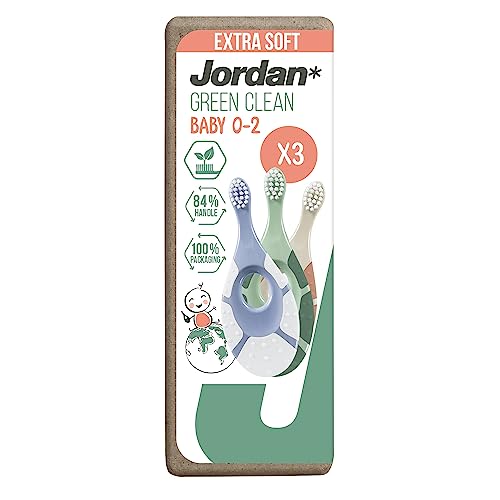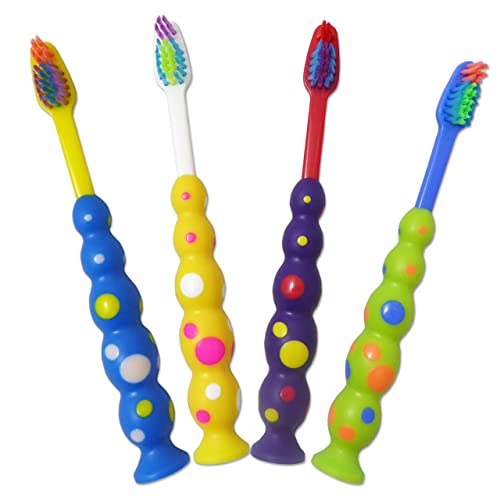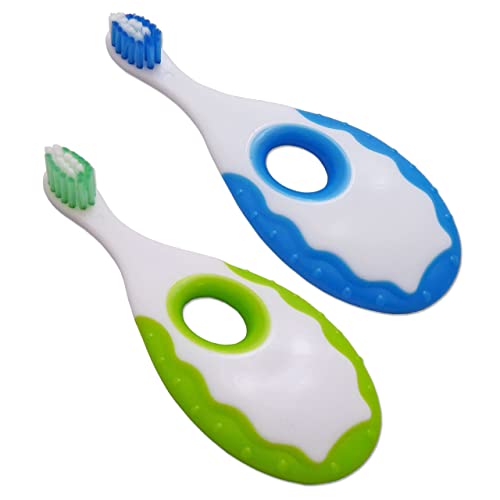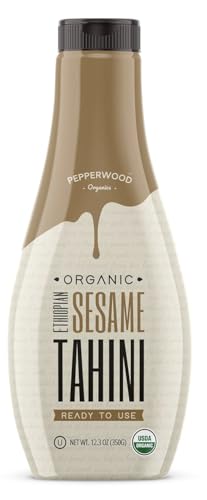Understanding the Importance of Early Dental Care for Babies
Why Start Early?
Starting dental care early is crucial for the health of your baby’s teeth and gums. Even before all their baby teeth have emerged, cleaning their gums helps establish a routine that supports lifelong dental health. We often overlook the fact that baby teeth are essential for proper chewing, speech development, and holding space for adult teeth.
Preventing Future Problems
Early dental care can significantly reduce the risk of cavities and other oral health issues later in life. By introducing good oral hygiene habits now, we can prevent more complicated and costly dental interventions down the road. It’s easier to maintain healthy teeth than to fix them once problems occur.
Choosing the Right Baby Toothbrush: Key Features to Look For
Bristle Softness
When selecting a toothbrush for your baby, prioritise bristle softness. Soft bristles are gentle on delicate gums and are effective in cleaning without causing irritation. We should ensure that the toothbrush feels comfortable and is designed specifically for infants.
Size and Shape Matters
The size and shape of the toothbrush head should suit your baby’s small mouth. A smaller head allows easier access to all areas of the mouth. Additionally, a handle that fits comfortably in an adult’s hand ensures we can brush effectively, even if the baby is fidgety.
Introduction to Different Types of Baby Toothbrushes
Manual vs. Electric Toothbrushes
Both manual and electric toothbrushes can be suitable for babies, but manual ones are often simpler to start with. Manual toothbrushes give us full control over the brushing process, while electric toothbrushes can make brushing more fun with vibrations and music, potentially encouraging cooperation from our little ones.
Finger Toothbrushes
Finger toothbrushes are great for beginners. They fit on our fingertip and allow us to gently scrub our baby’s gums and emerging teeth. This close contact can sometimes feel less intimidating for both baby and parent, making brushing a more positive experience.
Tips for Introducing Toothbrushing to Your Baby
Make it a Fun Activity
To encourage our babies to accept toothbrushing, we can turn it into a fun game. Using a mirror to show them their reflection while brushing, or singing a toothbrushing song together, can make the process enjoyable and less daunting.
Establish a Routine
Brushing at the same time every day helps create a habit. Integrating toothbrushing into the morning and bedtime routines allows our babies to expect it, making them more likely to cooperate. Consistency is key in teaching them that this is a normal part of their day.
Maintaining Your Baby’s Dental Hygiene: Daily Routines and Best Practices
Daily Cleaning Practices
We should clean our baby’s mouth at least twice a day, ideally after meals and before bedtime. If your baby is still nursing or bottle-feeding, it’s important to clean their gums after feeds. A soft, damp cloth can be used initially, transitioning to a toothbrush as more teeth come in.
Regular Dentist Visits
Even before your baby has all their teeth, scheduling regular check-ups with a paediatric dentist is important. These visits help us track our baby’s dental development and receive tailored advice on how to best care for their teeth, ensuring they remain healthy as they grow.



































